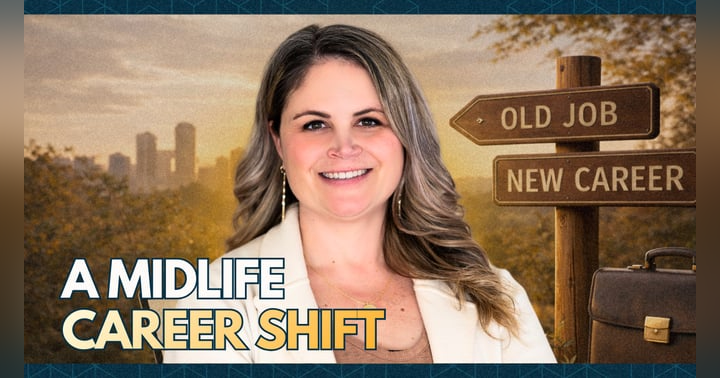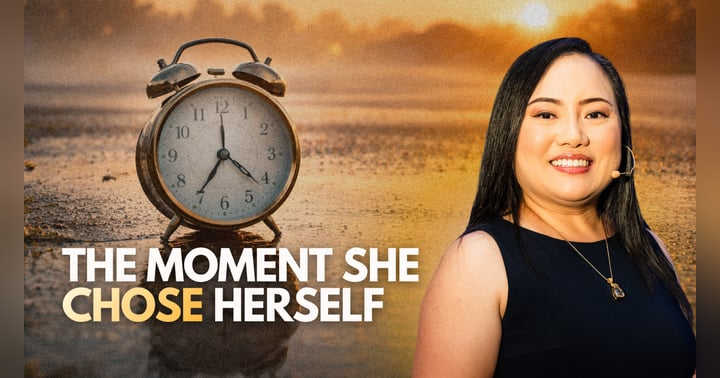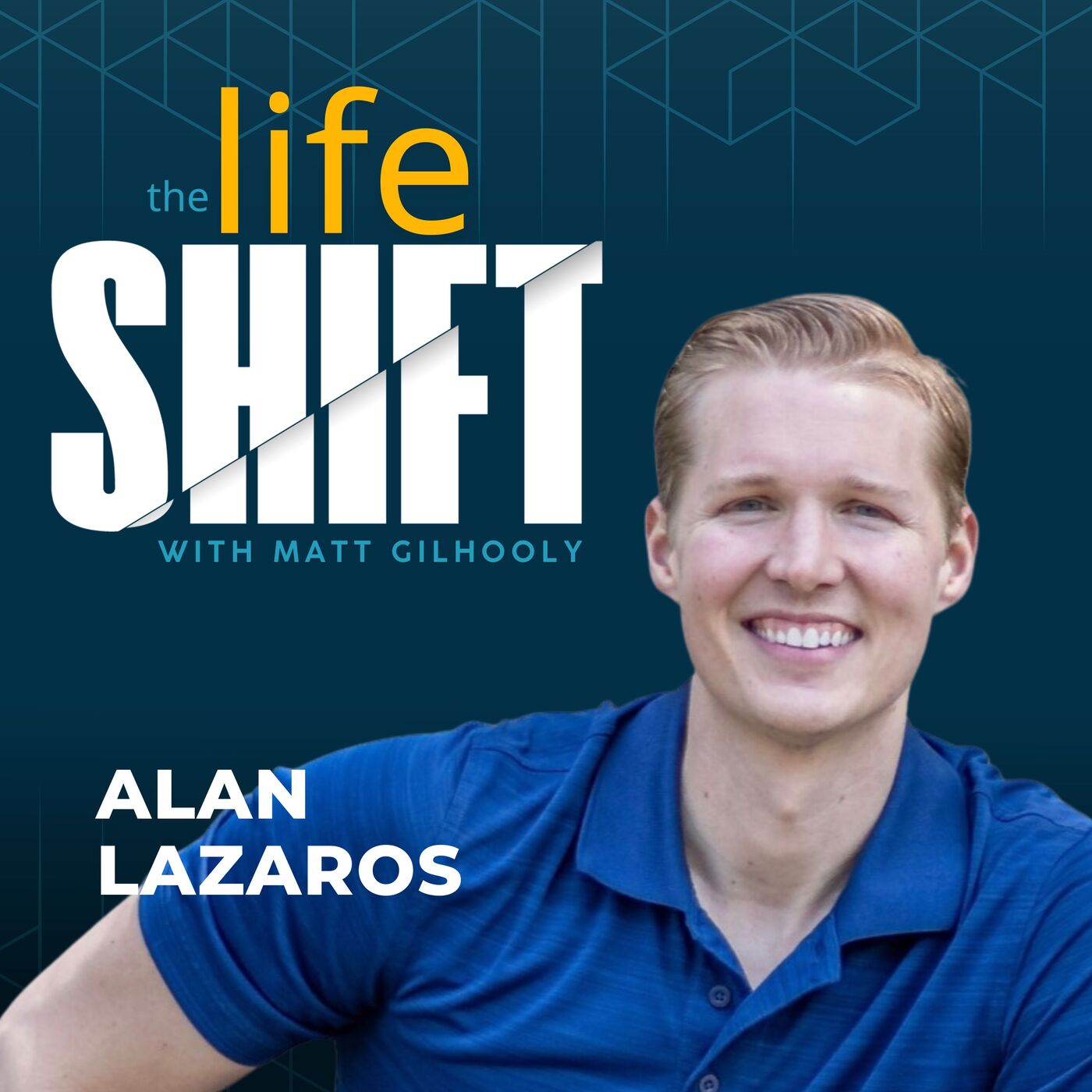When the Life You Built Isn’t Really Yours

The crash that forced a new beginning
Most of us move through life following a script. Get the degree. Land the job. Check the boxes that look like success. But what happens when you realize the life you've built doesn't actually feel like yours?
That's what happened to Alan Lazaros at 26. On the surface, he had everything. A solid career in corporate America. Financial stability. A life that would make any parent proud. But a nearly fatal car crash changed everything.
The accident wasn't just a wake-up call. It was a full-body collision with truth. The kind that doesn't let you go back to sleep.
When all the layers fall away
During our conversation, Alan shared something that stopped me cold. He said that after the accident, all the layers of his identity collapsed at once.
"Who I wanted others to believe I was and who I wanted to believe I was... all those layers collapsed. And I was just sitting there in the truth."
It wasn't just physical recovery he had to face. It was emotional honesty. For the first time, he had to admit that much of his success had been rooted in fear – fear of abandonment, fear of being unworthy, fear that if he wasn't perfect, he'd lose everything.
It hit me because I've lived in that place too. I've made choices out of survival. Out of a need to be good, to be liked, to be enough. And I know I'm not alone.
The danger of success without alignment
Alan's story is a powerful reminder that success doesn't mean fulfillment. You can have a packed schedule, a healthy bank account, and still feel completely empty inside.
Before the crash, Alan was the kind of guy who overachieved in every area. But he wasn't connected to why he was doing it. He was performing for approval. He was building someone else's version of a life.
After the accident, he started asking different questions. What really matters to me? Who am I when no one's watching? What kind of legacy do I want to leave behind?
That shift changed everything. He left his corporate job, started a business, and built a podcast called Next Level University, which now has more than 2,000 episodes across 170 countries.
Turning post-traumatic stress into growth
One of the things I admire most about Alan is how honest he is about the recovery process. He didn't gloss over the hard parts. He talked about the PTSD, the shame, and the physical symptoms that lingered long after the crash.
But he also talked about something that doesn't get enough attention: post-traumatic growth.
Instead of staying stuck in what happened, Alan chose to rebuild from the ground up. Not to be impressive. Not to be perfect. But to be honest. To be whole.
And in that rebuilding, he found his purpose – helping others reach their own potential in the areas of health, wealth, love, and personal development.
What if you stopped performing?
This conversation left me thinking about how many of us are still performing. Maybe not intentionally. But somewhere along the way, we learned to equate our value with achievement. With approval. With never messing up.
But what if we didn't have to earn our worth? What if the truth of who we are is actually enough?
That question sat with me long after we wrapped the recording. Because I know there are so many people living lives that look right but don't feel right. And sometimes, it takes something drastic to shake us awake. But sometimes, just hearing someone else's story is enough to help us reimagine our own.
If you've ever looked around your life and thought, "I should be happy, but I'm not," Alan's story might be the mirror you need.
You can listen to the full episode at www.thelifeshiftpodcast.com.














